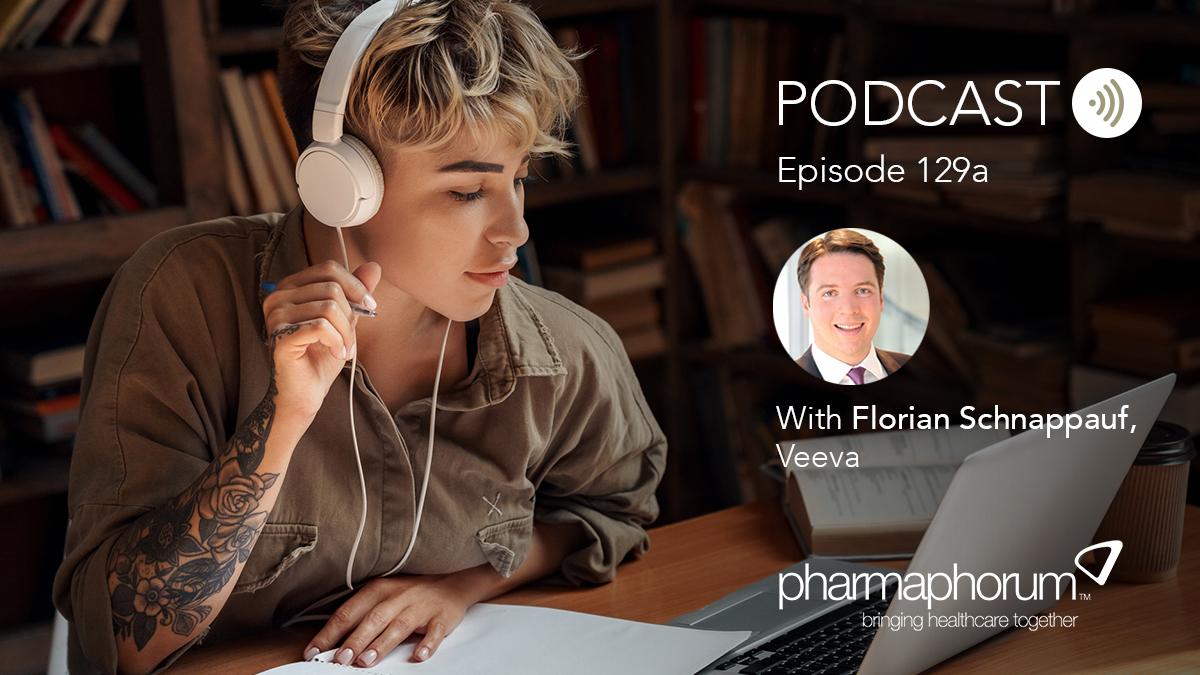US new drug approvals take off

The pharma industry enjoyed one of its best ever years in 2014 in terms of approvals, with US regulator the FDA approving 44 drugs – the highest number since the peak of 1996.
Of these, 39 were reviewed by the Center for Drug Evaluation and Research (CDER) and five by the Center for Biologics Evaluation and Research (CBER).
AstraZeneca (AZ) led the field for the period, achieving four approvals. And it was a good year for companies that had not made gains in recent years, such as AbbVie, with its hepatitis C treatment Viekira Pak, and Lilly with three approvals in cancer and diabetes.
AstraZeneca's tally covered diverse therapy areas: diabetes drug Farxiga (dapaglifozin) Myalept (metreleptin), an orphan drug replacement therapy to treat leptin deficiency, Lynparza, for ovarian cancer and Movantik, for opium-induced constipation.
Of the 10 therapeutic areas covered in 2014, renewed interest in infectious diseases was reflected in a total of 12 approvals, after many years of reduced R&D investment. Hepatitis accounted for two of them, while the rest were in bacterial, fungal, viral, and parasitic infections.
Cancer treatments gained eight approvals, followed by rare diseases, with five.
Jumping up from 22 per cent of the approvals in 2013, biologicals rose to 16 approvals (35 per cent) in 2014. Of these, eight were first in class.
Johnson & Johnson, GlaxoSmithKline (GSK) and Roche led the way in total numbers of approvals over the last five years, with eight, eight and seven drugs, respectively. AZ is chasing strongly on their heels, with its 2014 successes bringing it to six approvals in the same period.
Though drug approvals witnessed a large decline after 1996, bottoming out in 2005-2010, the upward trend in recent years has brought with it higher quality drugs and new technologies. Though big pharma could be accused of losing its way in innovative developments in the not too distant past, several are reinvigorating their R&D operations.
Among the frontrunners are Novartis, J&J, GSK and AZ.
The FDA has also played its part in supporting innovation, with its Breakthrough Therapy Designation, instituted in 2012, which has reduced timelines and the costs associated with clinical research, thereby making developments in the area a far more attractive proposition.
In the last two years, the FDA has granted 68, within the specified 60-day review period.
Link
Antibiotics back in vogue as Merck cuts $9.5 billion deal for Cubist











